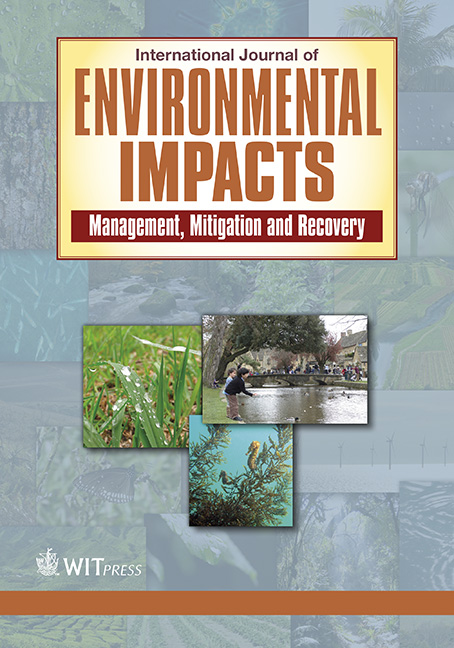The future of dwelling: Rocking the houseboat
Price
Free (open access)
Volume
Volume 3 (2020), Issue 4
Pages
11
Page Range
363 - 374
Paper DOI
10.2495/EI-V3-N4-363-374
Copyright
WIT Press
Author(s)
Camilo Cerro
Abstract
According to the United Nations, presently, approximately 54% of the world’s population lives in urban areas, with the number expected to increase to 66% by 2050. Urban areas that are ill prepared to deal with their present population needs will have to develop and manage housing, healthcare, education, transportation, infrastructure and food production for an additional 2.5 billion people. Because of this, managing urban areas has become one of the most important development challenges of our century. When we add to this equation climate change and shortage of land produced by the increase in the sea level, we end up with large populations with nowhere to place them. Communities near the water will have to start developing new typologies in housing designed to float as a means to adapt to the changes in the sea level produced by global warming. The following research is part of an on-going process of developing adaptable design of dwelling typologies for the immediate future. In this paper, I will be presenting a proposal for a floating dwelling typology designed to adapt to the evolution of three aspects of life: the social one, mainly dealing with how the idea of the traditional family has given way to multiple types of social micro-communities that are forcing residential design into a much more adaptable typological complexity; the labour aspect, estimating a growth on working online and of self- employment, turning their residences into offices or micro-factories where they will produce, package and sell their products with the help of the internet using online marketplaces and the food production aspect, where the next generation dwelling unit will reclaim certain elements of farming and resettle them in the city.
Keywords
Systemic interdependence, floating dwelling, live/work/farm, third nature.




